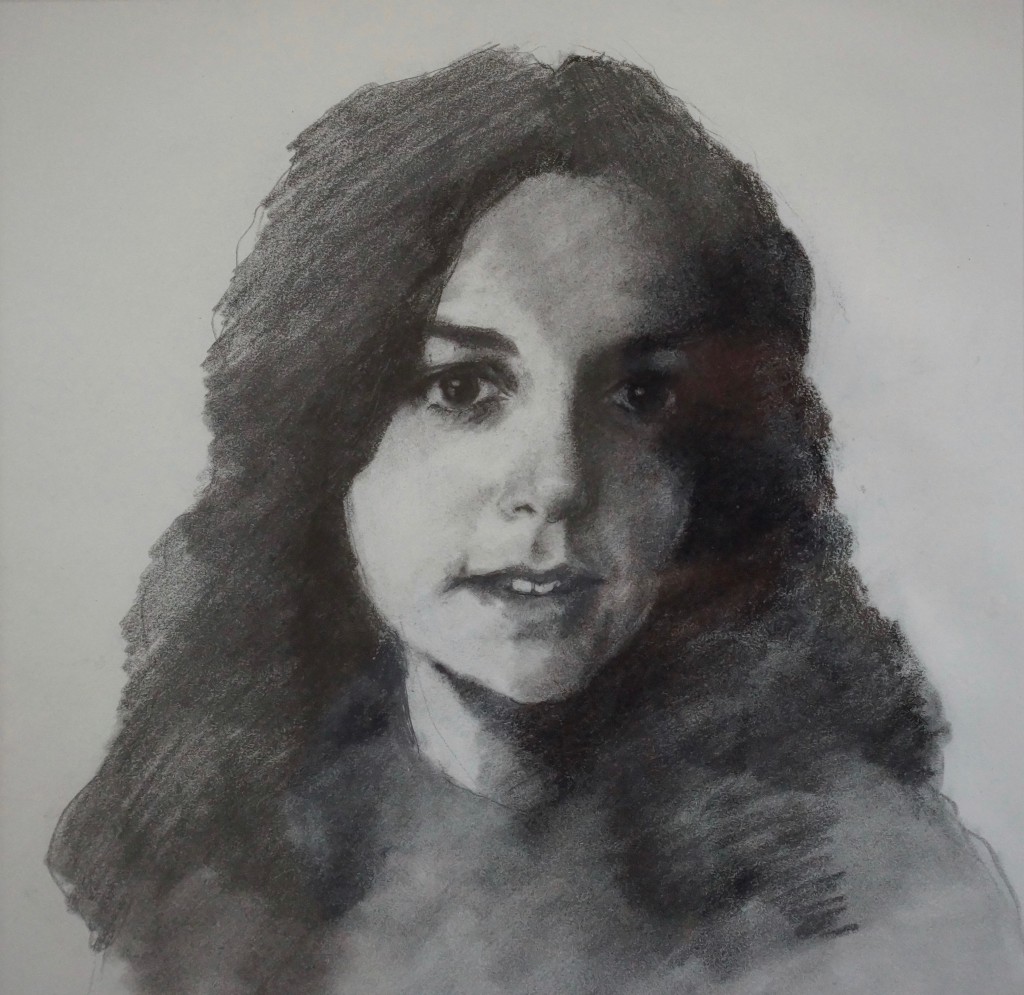I’ve never seen anyone besides Laszlo selling cheese at the Saturday market in Santa Monica. But yesterday, Laszlo wasn’t behind the little stand with the banner of the goat, and the amazing cheeses. A young woman was there instead.

“Where’s Laszlo?”
“He went back to Hungary,” she replied. “He was getting sort of freaked out in America.”
I sighed.
The young woman sighed.
Laszlo is adorable. I always forget he’s Hungarian and think he’s French because he speaks English like a French person and of course sells this amazing goat cheese.
“So are you the new cheese person?”
“Yes,” she replied.
Lately, we’ve been into the crotin that has a layer of what looks like dangerous mould on the outside. Last week when my friend Kady came for lunch, I was so gratified I could bring out this masterpiece whole with two perfect pears for desert.
The new cheese person asked me, what I wanted today. I told her about the fabulous crotin and pear experience and I reached for one of the crotin now. She shook her head at me, took back the cheese and told me the goat Brie would be a much better choice with pears. I put the Brie in my shopping bag and paid her. But I continued to stand there.
“You look so familiar,” I told her.
“You also look familiar,” she replied.
We smiled at each other.
This young woman had dark brown hair, very pale skin, the kind that burns and blushes easily, and greenish blue eyes under straight dark eyebrows. I remembered when I was her age; I had eyebrows just like that. My Grandma had warned me not to pluck them so thin, and never on top, but of course I didn’t listen to her. And now they are not so thick anymore. This strange familiar young woman also had a little ring in her nose. Probably if I was her age, I’d have gone in for nose rings, all kinds of piercings.
“Where are you from? You sound vaguely ESL. But not entirely.”
“You’re right but not entirely. I was raised by my Grandparents who barely spoke English. They were from Czechoslovakia. Before Hitler, they won the lottery. And were able to get out. They were practically the last Jews to get out of their town.”
I nodded, replied, “My Grandmother was from a little town in Ukraine. They got out because a priest warned my Great Grandfather about a pogrom and he managed to get his family out.”
Now it was her turn to nod. We understood each other in the way that people who have the memory of racial laws in their DNA understand each other: fundamentally and absolutely.
Suddenly it came to me: She looked like me. That’s why she seemed so familiar. She looked like me. She looked like my son. She looked like my brother’s daughter, though not my brother; in fact, she could have been my daughter.
“Do I look like your mother?” I asked her.
“No,” she said. “But I was thinking you and I look alike.”
I took off my dark glasses and showed her my eyes.
Same color, same shape. Same eyes.
Our families were the lucky ones. The ones who got away. I thought of all the people who didn’t get away. And weren’t getting away at this very moment in awful places all over the world, even awful places just a few miles from where we stood in grace and safety. It hit me in the face as it does from time to time, the hugeness and the horror of it.
Impulsively I leaned over the cheeses and gave her a hug.
“See you next week!” I said.
Today is Sunday and we had the Brie with pears this afternoon for lunch.
My husband cut into it suspiciously.
“I told him the story about the girl in the market.”
“You should take a picture of her. Then we can put it next to the picture of
you at that age.”
He put some of the Brie on a piece of pear and popped it in his mouth.
Presently he said, “It’s a great story, I love the story, but the other cheese is better.”
“The crotin?”
“Yeah. Get that one next time.”

